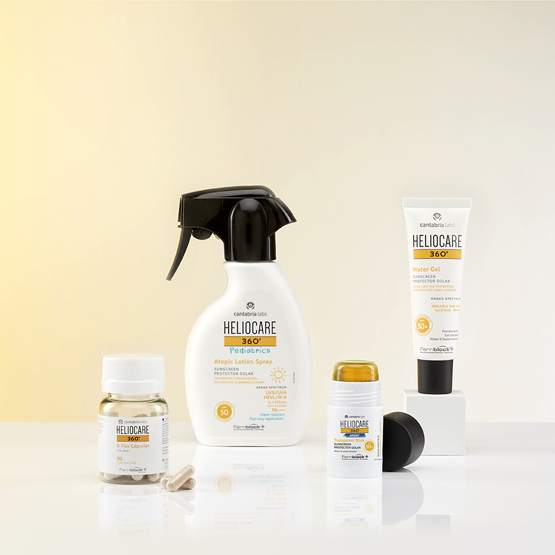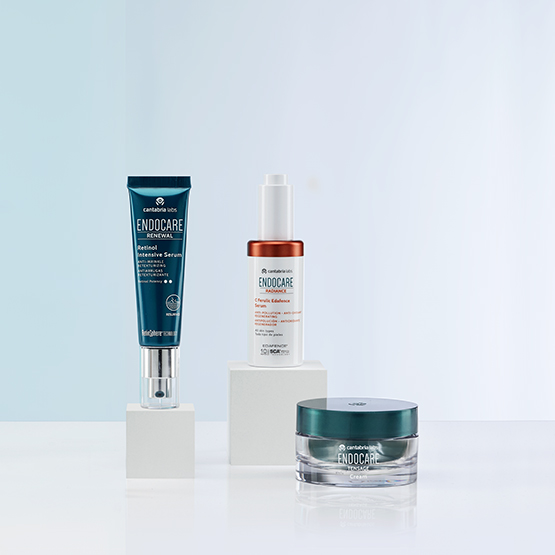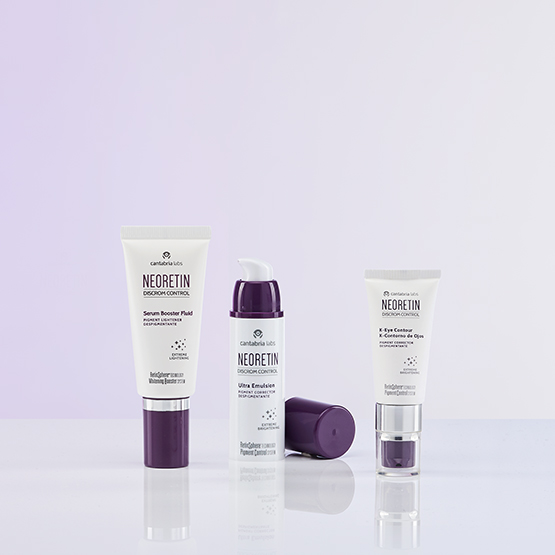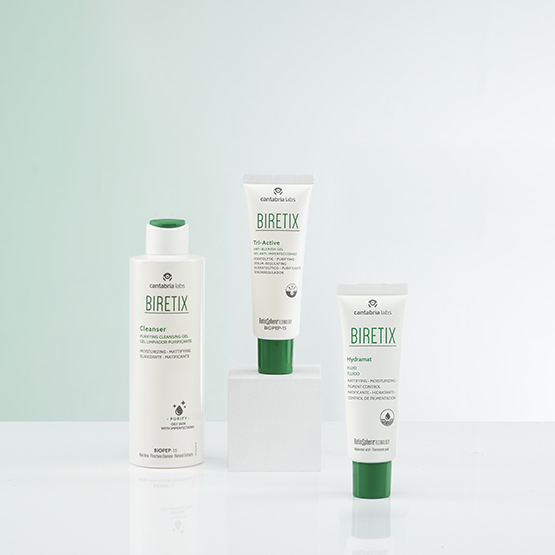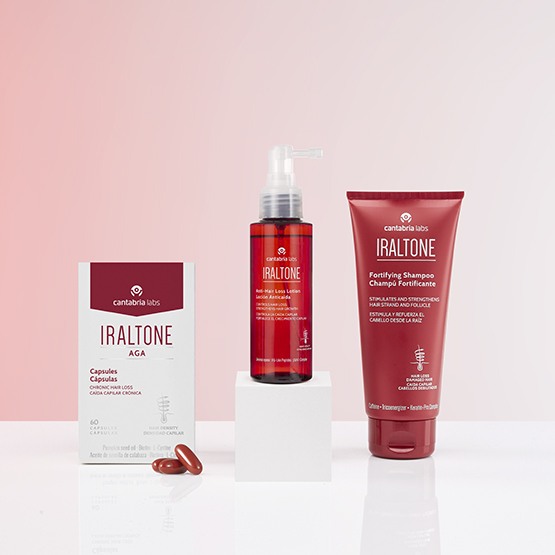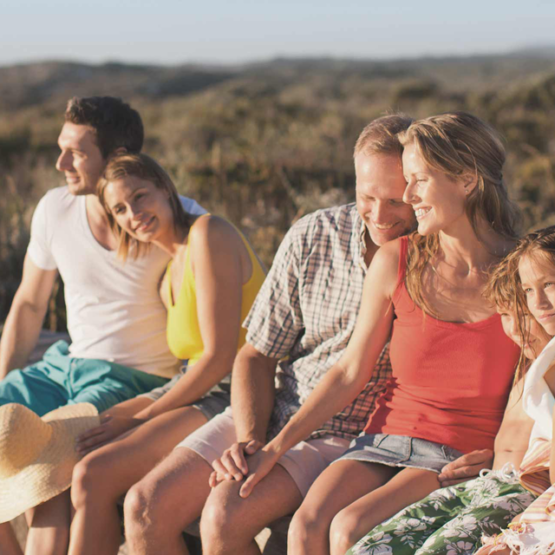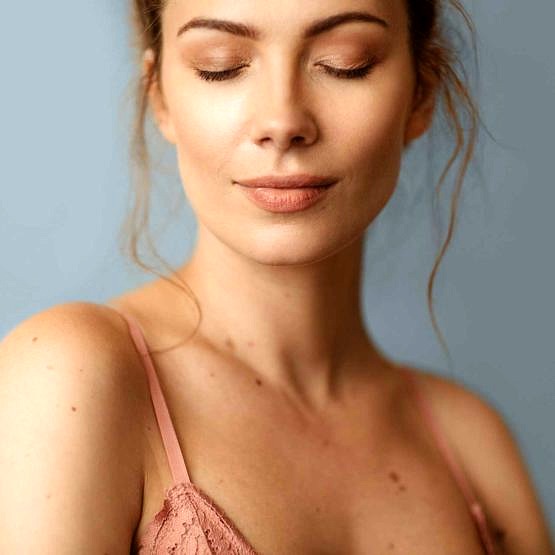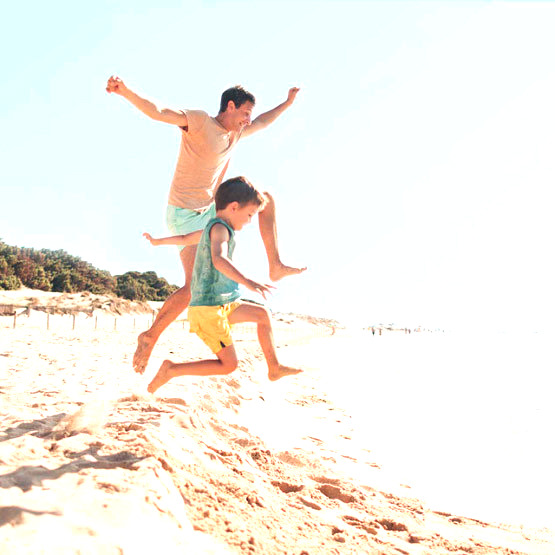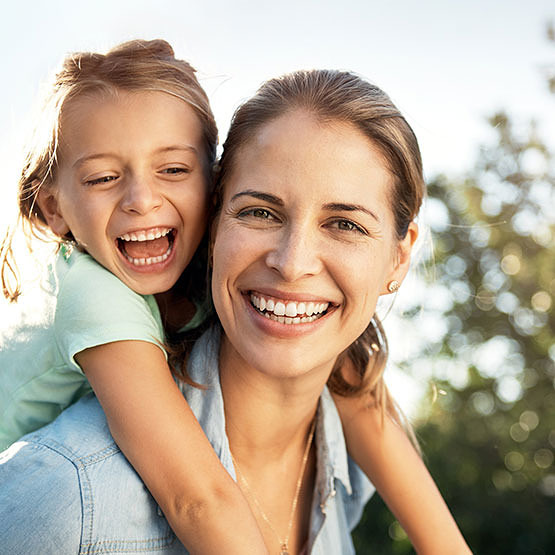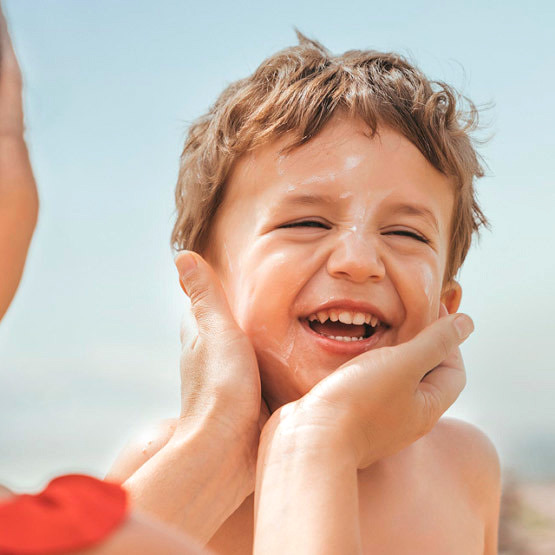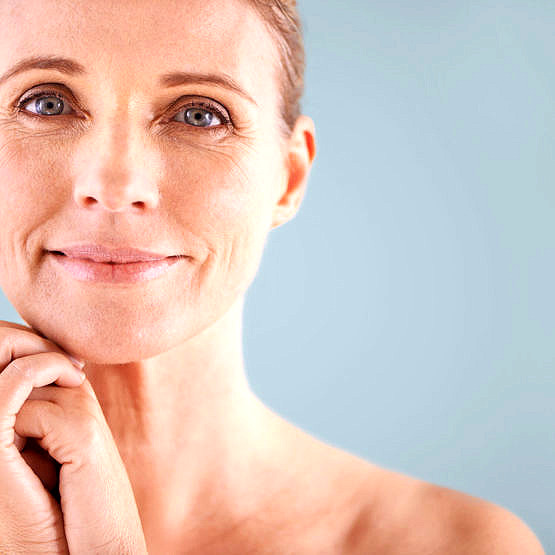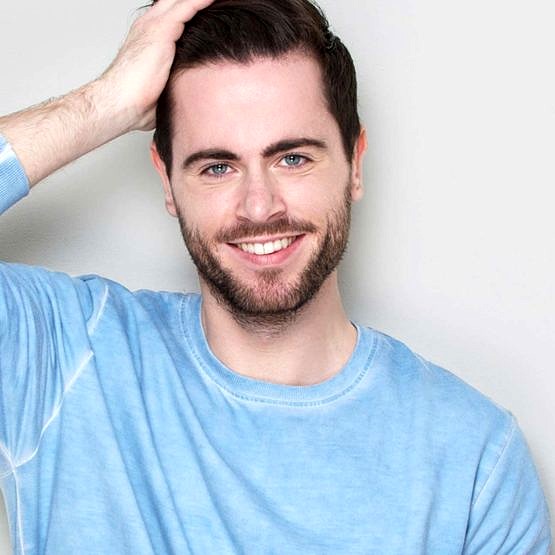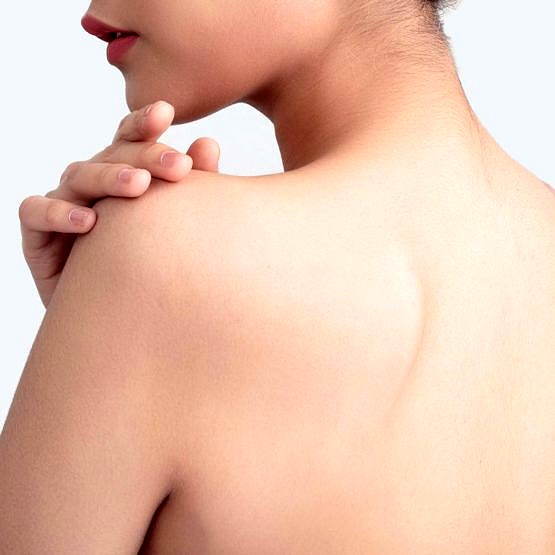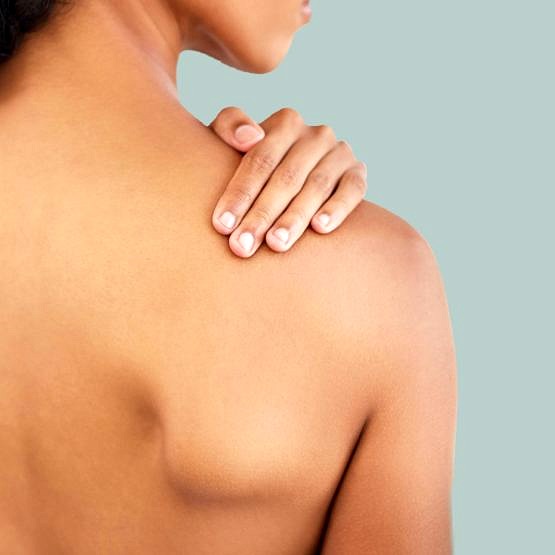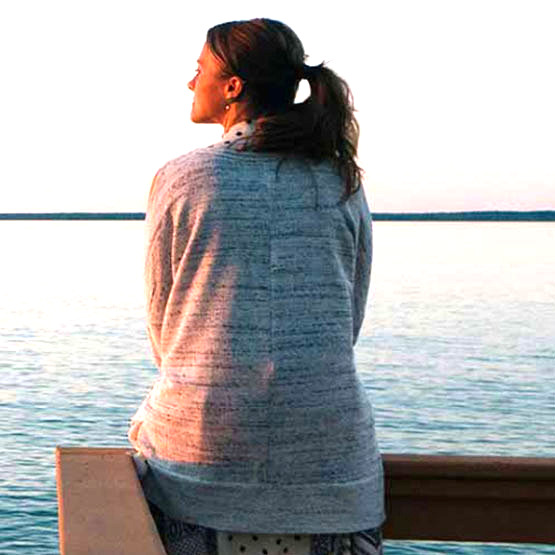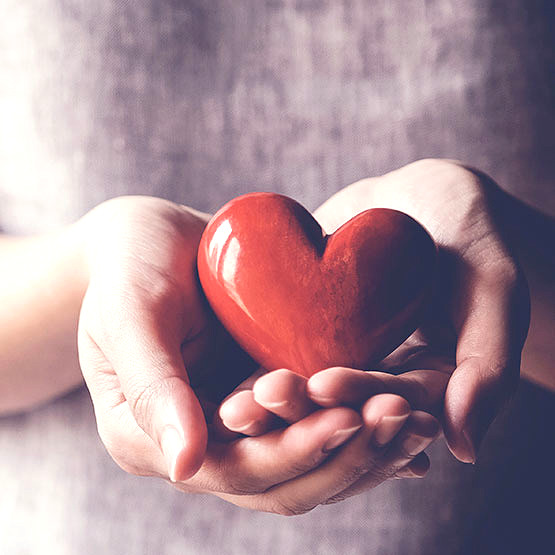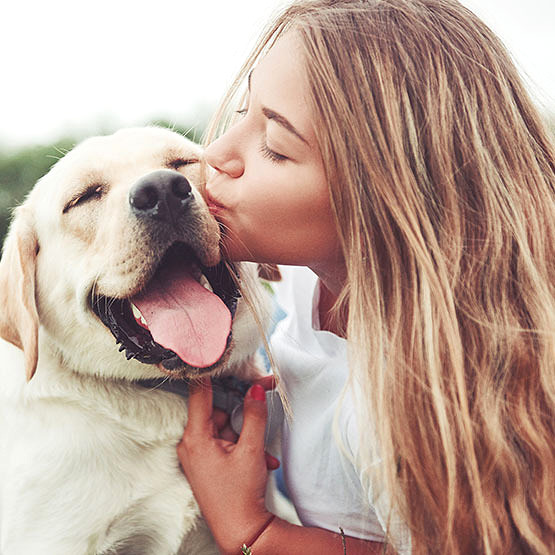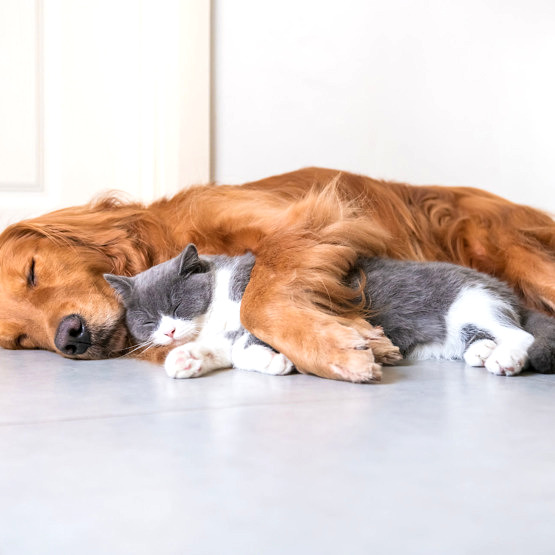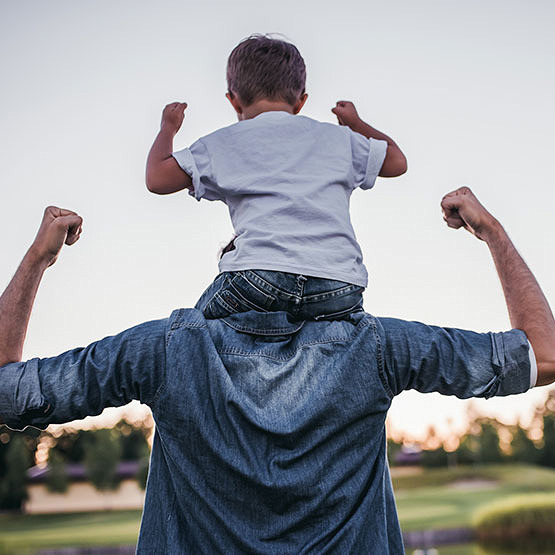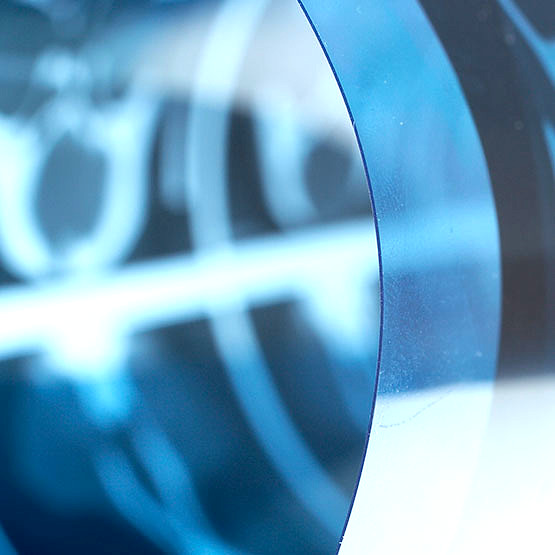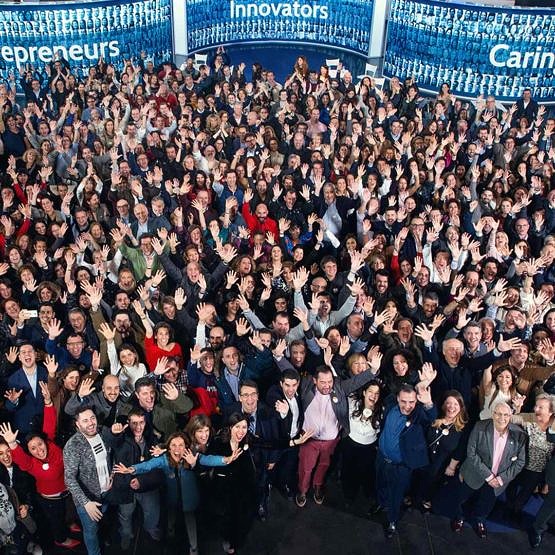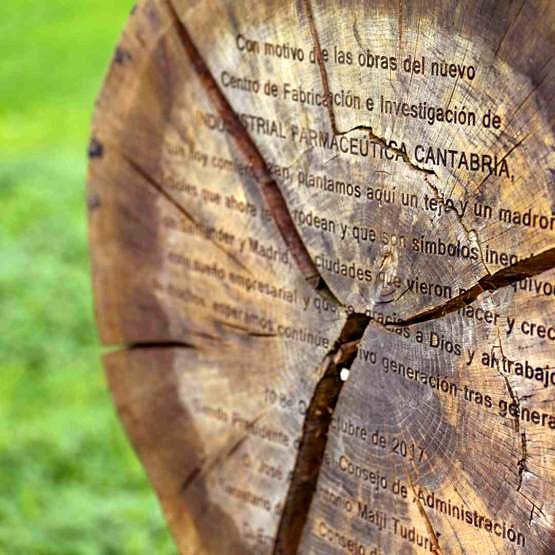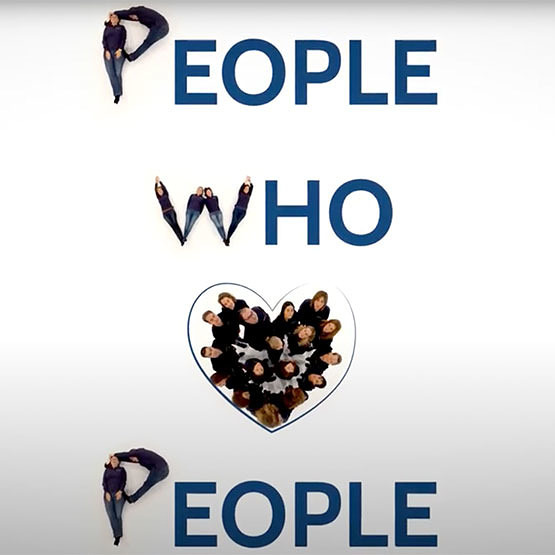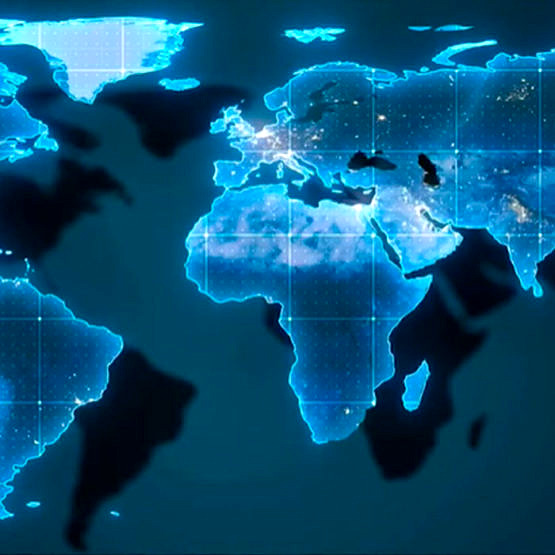Cantabria Labs presents WATERCARE: a program that encompasses all the company’s water care measures
After 25 years of working to care for this essential natural resource in Turkana (Kenya) in collaboration with the Emalaikat Foundation, the pharmaceutical firm has expanded its commitment in recent years with new initiatives
Madrid, 8 June 2022 – “70% of planet Earth is made up of water, as is 60% of people” is what Susana Rodríguez, CEO of Cantabria Labs, stated at the presentation for the WATERCARE program, attended by naturalist José Luis Gallego, expert in sustainability and the environment. The WATERCARE project encompasses all the company’s actions related to caring for water, those classified within the UN Sustainable Development Goals, and the company’s next steps towards protecting this valuable natural resource.
Over the course of the Spanish pharmaceutical firm’s 30+ years in the sector, Cantabria Labs has collaborated with the Emalaikat Foundation to build and maintain 188 dams and 147 wells, contributing to bringing clean water to over 41,400 people across diverse parts of Kenya. It has also participated in a project to channel water from Nariokotome to a preschool centre in the Kaito region, some 6 km away, thereby provide direct access to drinking water for 100 children there.
In 2019, Cantabria Labs inaugurated the La Concha R&D and eco-sustainable production centre with a mineral-medicinal hot spring from which 39 ºC water flows and whose geothermal properties are used to sustainably heat the plant facilities without any CO2 emissions. Taking advantage of this natural resource is possible thanks to the Water Laboratory, which captures the spring water and uses it for various purposes, including watering green areas, for drinking water, or as an ingredient in the production of topical products.
When asked about the importance of caring for water and responsible management of its use, naturalist José Luis Gallego stated that “Water as a resource is far more scarce than we think because, though it makes up 70% of the planet, only 1% of it is fresh water. And of that 1%, 90% is frozen at the poles, meaning we are left with only 0,25% – and we are polluting it. Therefore, access to clean water and sanitation is the SDG we should focus on if we want to achieve the rest of the 2030 Agenda goals. Because water is the lifeblood of nature and the source of all life”.
WATERCARE with the SDGs and the UN 2030 Agenda
The WATERCARE project encompasses up to 6 Sustainable Development Goals divided among the three primary principles:
- As a fundamental need for humans
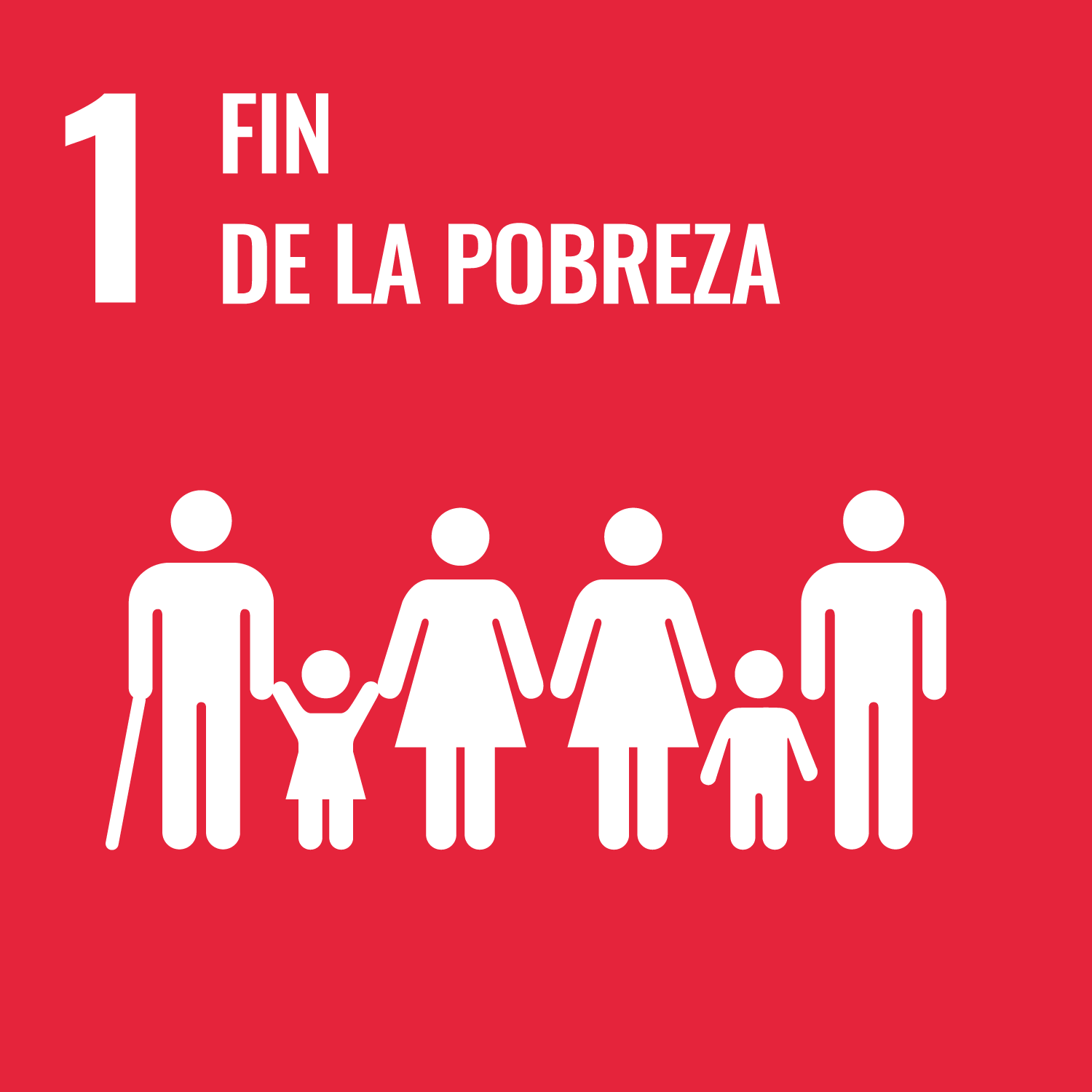

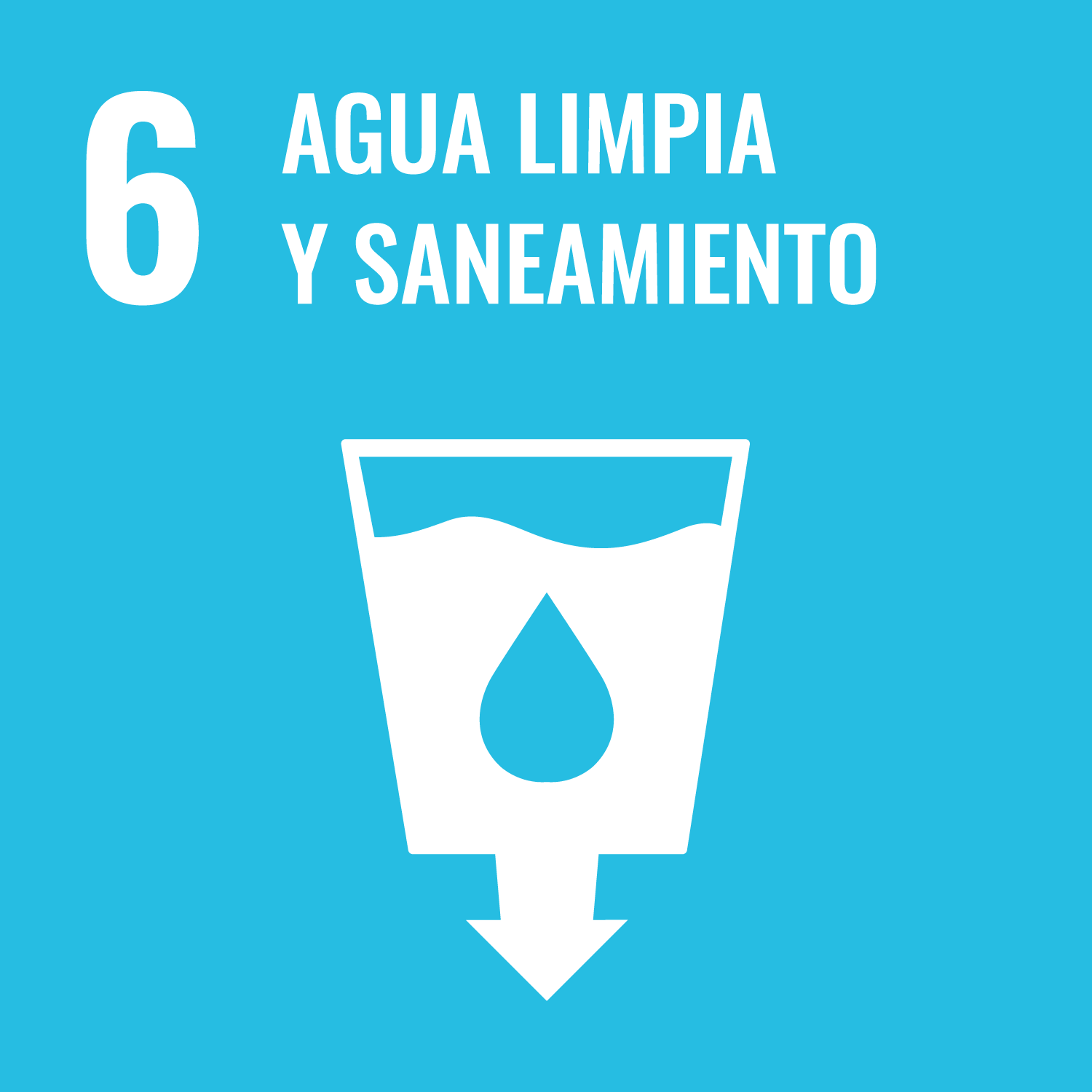
Access to drinking water is a basic necessity for eliminating poverty and caring for peoples’ health. Cantabria Labs contributes to SDGs 1, 3 and 6 thanks to channelling water and building new wells in Turkana.
- As a resource requiring sustainable management
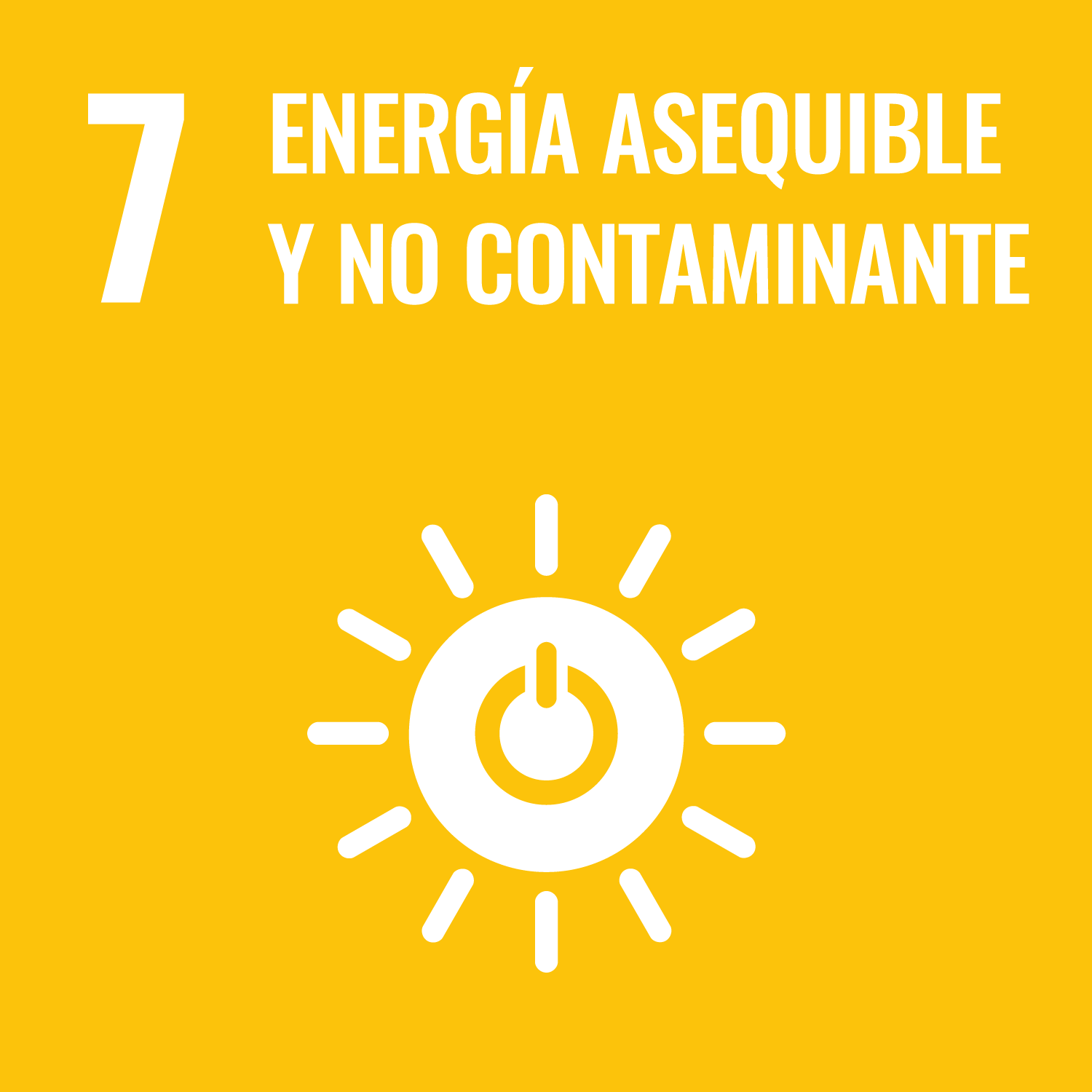
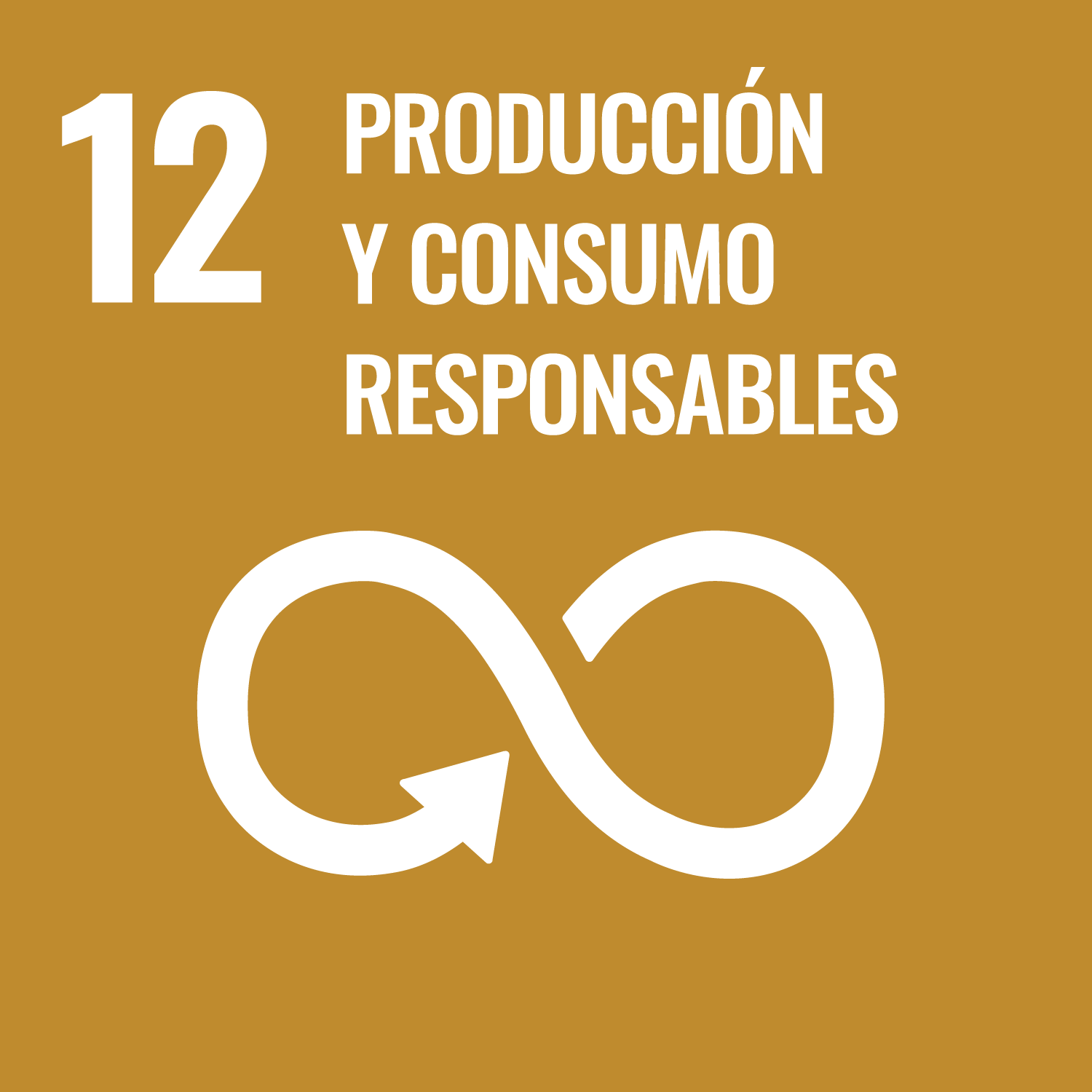
Spring water is used thanks to the Water Laboratory as the water was being wasted and diverted into the estuary. Now it is used to heat the plant facilities with renewable energy.
- As a means and support for environmental preservation
![]()
![]()
One of the most recent measures taken includes the agreements signed with Gravity Wave or the Tajo Hydrographic Confederation, by which Cantabria Labs helps clean up rivers and oceans to help preserve ecosystems and foster biodiversity.
Next steps
To continue working towards environmental preservation and, more specifically, caring for water, the pharmaceutical firm recently signed an agreement with Gravity Wave, whose mission it is to transform 100% of the plastic waste collected from the Mediterranean and Cantabrian seas into recycled products and materials as a model of a circular economy. Also along these lines, the firm ensures it will invest significant effort into looking after rivers and estuaries to protect and preserve local ecosystems. To do this, it has reached significant agreements with various companies to promote biodiversity.
